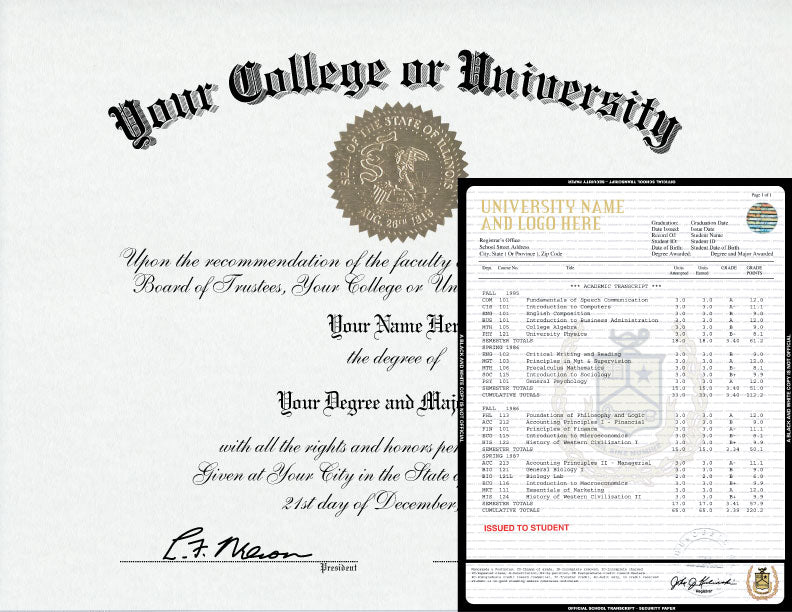The Benefits of a Professional Certification

In today’s competitive job market, the difference between securing a rewarding position and being passed over can often come down to one thing: professional certification. As industries evolve and technology reshapes workplace expectations, certifications have emerged as an effective way for professionals to demonstrate their commitment, competence, and credibility. For many, a professional certification is more than just a resume booster—it is a strategic investment in one’s career growth, financial future, and professional identity.
Defining Professional Certification
A professional certification is an official designation earned by an individual to affirm their expertise, skills, or knowledge in a specific area. Typically awarded by industry-recognized institutions or governing bodies, certifications often require passing an exam, completing relevant coursework, or fulfilling a certain number of hours of hands-on experience. Unlike academic degrees, which cover broader areas of study, certifications focus on specific competencies and tools used in a profession.
Examples include the Certified Project Manager (PMP), Google Ads Certification, Certified Information Systems Auditor (CISA), Certified Financial Planner (CFP), and Digital Marketing Institute (DMI) certification—among many others. These programs cover industries such as marketing, technology, business analysis, accounting, human resources, and education.
Tangible Career Advantages
1. Demonstrated Expertise and Credibility
One of the most immediate benefits of certification is the credibility it adds to a professional profile. It signals to employers, clients, and peers that the individual has met established industry standards and is qualified to perform specific tasks at a high level. Whether you're a digital marketer, IT analyst, or business consultant, holding a certification demonstrates that you have a validated skill set.
Certifications also reduce ambiguity for hiring managers. They offer an objective, standardized metric to evaluate candidates, especially when comparing applicants from diverse educational and professional backgrounds.
2. Increased Earning Potential
A professional certification can also lead to higher income. According to various salary surveys, certified professionals consistently earn more than their non-certified counterparts. In the tech industry, for instance, certified cloud computing specialists or cybersecurity analysts often command salaries that are significantly above the median.
Moreover, certifications can provide leverage in salary negotiations. When you bring certified skills to the table, you're not just asking for more money—you’re proving you’re worth it.
3. Career Advancement and Promotion Opportunities
For professionals already in the workforce, certifications can be a powerful catalyst for career growth. They can open doors to supervisory or specialized roles and are often a prerequisite for internal promotions. Employers frequently view certification as a sign of ambition, dedication, and initiative—qualities that are desirable in leadership positions.
Many companies are more inclined to invest in professionals who take the initiative to upskill. In fact, some employers may even sponsor certification programs for high-performing employees as part of their professional development plan.
4. Adaptability in a Changing Workforce
Industries are evolving faster than ever. Automation, digital transformation, and global shifts in business practices are reshaping job requirements. Certifications help professionals stay ahead by keeping their knowledge and skills current with industry trends. For example, digital marketers can learn the latest in SEO strategy, analytics, or social media algorithms through platforms like HubSpot or SEMrush Academy.
Certifications are also valuable during career transitions. If you’re moving from one industry to another—say from operations to product management—a certification can help bridge the gap and prove your readiness to pivot successfully.
5. Stronger Networking and Professional Communities
Many certification programs provide more than just a credential—they offer access to professional networks, alumni groups, and exclusive events. These networks can be instrumental in job searches, collaboration opportunities, or even launching your own business.
Being part of a community of certified professionals also provides access to peer support, mentorship, and ongoing educational resources. Whether through webinars, discussion forums, or local meetups, these connections can play a critical role in long-term career development.
6. Increased Confidence and Professional Satisfaction
Beyond external recognition, certification can enhance your internal sense of professional worth. Completing a challenging program, passing an exam, and receiving formal acknowledgment of your skills can build confidence in your abilities.
This boost in confidence can lead to improved performance, better communication with colleagues, and a more assertive approach to leadership opportunities. Professionals who feel competent and valued are more likely to be engaged and satisfied in their work.
When Is Certification Worth It?
Although the benefits are numerous, not every certification carries equal weight. It’s important to assess your goals and the value of the certification in your specific field. Here are a few key considerations:
-
Is the certification recognized in your industry?
Choose certifications backed by reputable institutions or associations.
-
Does the certification align with your career path?
Make sure the program supports your long-term goals, whether you're aiming for a promotion, career change, or salary increase.
-
What is the cost vs. benefit?
Some certifications require a significant investment in time and money. Research whether the potential return (higher salary, job prospects) justifies the cost.
-
Will you use the knowledge regularly?
Certifications that help you perform your job more efficiently or stay current with industry trends tend to deliver ongoing value.
Final Thoughts
Professional certification is more than a title—it’s a clear signal that you are committed to mastering your craft. In a world where credentials are often the first thing employers see, a well-chosen certification can provide a meaningful advantage. It represents a blend of discipline, initiative, and passion for learning—all traits that make you stand out in any professional environment.
For recent graduates, mid-career professionals, or individuals making a career shift, a certification can offer not only credibility but also momentum. It is one of the few credentials that can be earned relatively quickly and offer substantial returns in both financial and professional terms.
At HeyCongrats.com, we celebrate the steps you take to advance your career. Whether you're exploring certification programs or proudly displaying the ones you've earned, know this—every certification is a milestone worth recognizing.




